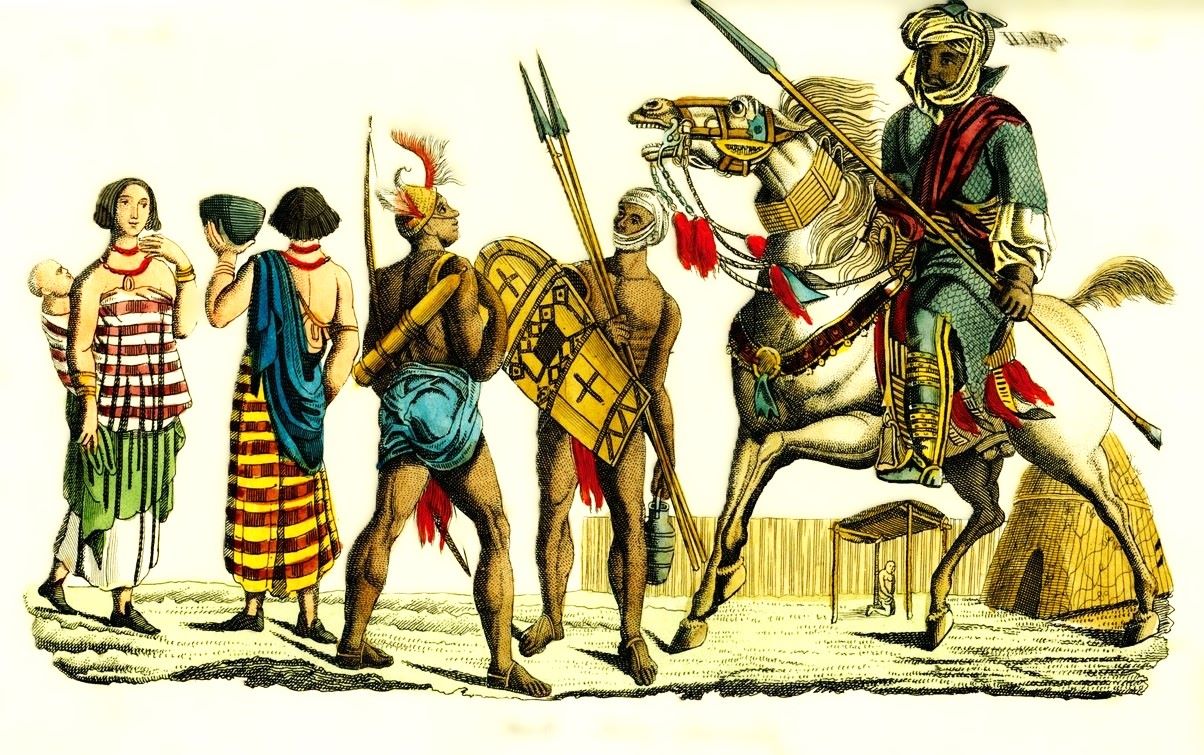
The Conquest of the Bornu Empire stands as a significant chapter in African history. This event reshaped the political landscape of the region, leaving a lasting impact on its culture and society. Bornu, once a powerful empire in what is now northeastern Nigeria, faced numerous challenges from rival states and internal strife. The conquest brought about changes in leadership, trade routes, and alliances. Understanding this historical event provides insight into the dynamics of power, resilience, and adaptation in pre-colonial Africa. Let's delve into 50 intriguing facts about the rise and fall of this remarkable empire, shedding light on its legacy and influence.
Key Takeaways:
- The Bornu Empire, established in the 9th century, thrived as a powerful African kingdom known for its military prowess, trade, and cultural influence, shaping the region's history for over a thousand years.
- Despite facing challenges and invasions, the Bornu Empire's legacy continues to influence modern-day Nigeria, Chad, and Cameroon, leaving a lasting impact on the region's culture, religion, and economy.
The Rise of the Bornu Empire
The Bornu Empire, a powerful African kingdom, thrived for centuries. Its history is filled with fascinating events and figures. Let's dive into some intriguing facts about this empire.
- The Bornu Empire was established in the 9th century.
- It was located in the region around Lake Chad.
- The empire was a continuation of the Kanem Empire.
- The Kanem-Bornu dynasty ruled for over a thousand years.
- The empire's capital was initially in Njimi.
- Later, the capital moved to Gazargamo.
- The empire was known for its military prowess.
- It had a well-organized cavalry.
- The Bornu Empire was a major trading hub.
- It traded in goods like salt, horses, and slaves.
Key Figures in the Bornu Empire
Several notable leaders and figures shaped the Bornu Empire's history. Their contributions were crucial to the empire's success and longevity.
- Mai Idris Alooma was one of the most famous rulers.
- He reigned from 1571 to 1603.
- Alooma is known for his military campaigns.
- He expanded the empire's territory significantly.
- Alooma introduced administrative reforms.
- He built roads and improved infrastructure.
- Alooma established diplomatic relations with the Ottoman Empire.
- He promoted Islam throughout the empire.
- Alooma's reign is considered a golden age for Bornu.
- His legacy influenced subsequent rulers.
The Conquest of the Bornu Empire
The Bornu Empire faced numerous challenges and invasions throughout its history. These events eventually led to its decline and fall.
- The Fulani Jihad in the early 19th century weakened Bornu.
- The empire faced internal strife and rebellion.
- Rabih az-Zubayr, a Sudanese warlord, invaded Bornu in the late 19th century.
- Rabih's forces defeated the Bornu army in 1893.
- Rabih established his rule over the region.
- The French colonial forces later defeated Rabih.
- The Bornu Empire officially ended in 1900.
- The region became part of French Equatorial Africa.
- The fall of Bornu marked the end of an era.
- The empire's legacy continues to influence the region.
Cultural and Religious Influence
The Bornu Empire was not only a political and military power but also a cultural and religious center. Its influence extended beyond its borders.
- The empire was a center of Islamic learning.
- It had numerous madrasas and mosques.
- Arabic was the language of administration and scholarship.
- The Bornu Empire produced many Islamic scholars.
- It was known for its rich oral traditions.
- The Kanuri language was widely spoken.
- The empire's art and architecture were distinctive.
- It had a unique style of pottery and textiles.
- The Bornu Empire influenced neighboring cultures.
- Its legacy can be seen in modern-day Nigeria, Chad, and Cameroon.
The Economy of the Bornu Empire
The economy of the Bornu Empire was diverse and robust. It played a crucial role in the empire's prosperity and stability.
- Agriculture was the backbone of the economy.
- The empire cultivated crops like millet, sorghum, and wheat.
- Livestock farming was also significant.
- The Bornu Empire had extensive trade networks.
- It traded with North Africa, the Middle East, and other African regions.
- The empire was rich in natural resources.
- Salt mines in Bilma were a major source of wealth.
- The Bornu Empire minted its own currency.
- Trade caravans were a common sight in the empire.
- The economy supported a vibrant and diverse society.
Final Thoughts on the Bornu Empire
The Bornu Empire's history is filled with remarkable events and figures. From its strategic conquests to its cultural advancements, the empire left a lasting impact on West Africa. Understanding these 50 facts gives us a glimpse into the complexity and richness of this ancient civilization. The Bornu Empire not only shaped the political landscape of its time but also influenced trade, religion, and culture in the region. Its legacy continues to be a subject of study and admiration for historians and enthusiasts alike. By learning about the Bornu Empire, we gain a deeper appreciation for the diverse histories that have shaped our world. Keep exploring, and you'll find even more fascinating stories hidden in the annals of history.
Frequently Asked Questions
Was this page helpful?
Our commitment to delivering trustworthy and engaging content is at the heart of what we do. Each fact on our site is contributed by real users like you, bringing a wealth of diverse insights and information. To ensure the highest standards of accuracy and reliability, our dedicated editors meticulously review each submission. This process guarantees that the facts we share are not only fascinating but also credible. Trust in our commitment to quality and authenticity as you explore and learn with us.
